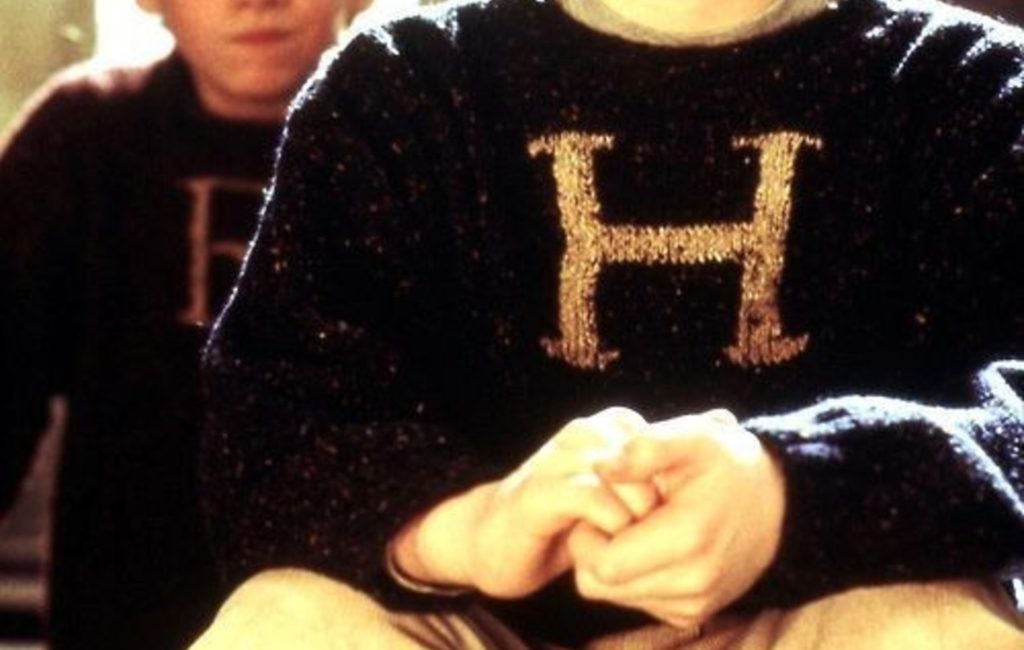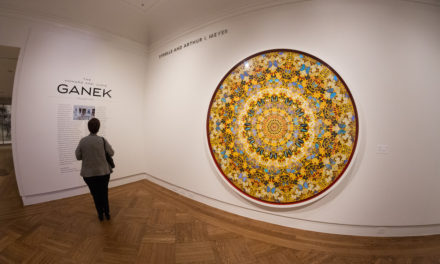Credit: Content Coms
gift
noun
- A thing given willingly to someone without payment; a present. “a Christmas gift”
- A natural ability or talent. “he has a gift for comedy”
verb
- Give (something) as a gift, especially formally or as a donation or bequest. “the company gifted 2,999 shares to a charity”
Credit: Google Dictionary
The Symbolic Power of the Gift
This time of year, the word “gift” more prevalent on our lips and in our heads than usual. Whether one celebrates Christmas, Hanukkah, or Kwanzaa, the custom of exchanging gifts between family and loved ones eats up our wallets, yet still fills our hearts with joy. Even if one doesn’t observe any of these holidays, the word floats around their brain due to frequent advertisements across television, the internet, and print.

Credit: Kiplinger
Though watching the cash register take away the hard-earned money we would rather save in bulk can be painful, the excitement on the faces of our loved ones opening the gift we bought makes it all worth it, and studies show this feeling being a cross-cultural one. According to the work of social psychologist, Liz Dunn, a greater sense of happiness is achieved when we spend money on others, as opposed to ourselves. Dunn and her cohorts tested this phenomena by measuring the participants’ happiness at the beginning of the day, then giving them between five and 20 dollars to spend by five o’clock. The experimenters them measured the participants’ happiness post-spending, and found that those who donated the money or spent it on someone else reported higher levels of happiness, no matter the amount spent.
Perhaps this is why philanthropists like Agnes Gund, who says she gives out of “guilt,” donate large sums of their fortune to charitable causes and organizations: giving makes them feel good. Whether they realize it or not, giving fills some sort of hole that we all wish to fill. The wealthy and elite have all this money, so why not do something not only benefits others, but their own moral core?
Most get some sort of thrill out of making others happy. Why else would Molly Weasley gift Harry Potter a sweater when she had hardly even met him? She doesn’t expect anything in return from the 11-year-old boy, even if she knows he is “the chosen one.” Molly Weasley gifts Harry the homemade present simply out of the kindness of her heart. The young boy deserves love, just like the rest of us do.

Credit: Starpulse
While oftentimes, gift giving serves simply to be just that, for some, there may be a sort of ulterior motive. The phrase can instill unsettled feelings, but just because these motives are ulterior, it doesn’t mean they are bad. Perhaps it’s in an effort to achieve status or rapport. In the original telling of Beauty and the Beast, the Beast doesn’t gift Belle a lavish lifestyle simply to help her comfortably live in his castle. He hopes that, in turn, she will fall in love and marry him, breaking his curse and returning him to his original, princely form. His motives aren’t dirty or underhand, but they are for his own gain.
So, which is it then? Do we give gifts out of the goodness of our hearts, or is it done in an effort to make gains in one area or another? In a paper by Mary Finley Wolfinbarger of California State University, “Motivations and Symbolism in Gift-Giving Behavior,” she explores the role gift giving might play in our lives.
Wolfinbarger’s research was done for marketing purposes, but her results seem to go hand-in-hand with the findings of Liz Dunn: a gift is more valuable for its symbolism than the “material benefits exchanged” (except in the case of philanthropy). That being said, ulterior motives can influence our reasons for giving. Wolfinbarger identifies three driving reasons that people give gifts.

Credit: Beaver Lake Cottages
Giving may be done to comply with social norms, clearly exemplified by the proclaimed “season of giving” that we are currently in. Another purpose, however, may be to instill a “self-interested” or “indebtedness engineering” in the recipient—so they feel obligated to return the favor (see the Beauty and the Beast example). On the complete opposite side of the spectrum, however, it is entirely possible for the act to be done purely altruistically, an effort to show love and affection without expecting anything in return.
The end result of the exchange depends on the recipient’s perceptions of the gift’s meaning. The process of exchanging gifts makes a statement about the giver, the receiver, and the relationship between the two. Whatever the perceived statement might be makes a vast difference to the recipient’s response, and their desire to reciprocate.
Take J.R.R Tolkien’s The Fellowship of the Ring, for example. Bilbo passes the one ring off to his nephew, Frodo, before he leaves to live out the final years of his life in Rivendell. With the ring’s true identity unbeknownst to Frodo, the young hobbit sees the gift as an illustration of his significance to his uncle, as the ring is his uncle’s most precious belonging. Bilbo, however, knows the ring’s power. While it certainly is worth mentioning that he gifts the monumentally important object to his nephew, it isn’t entirely done due to their close, familial bond. He gives Frodo the ring because he no longer wishes to be burdened by it.

Credit: Lord of the Rings Wiki
Is it possible that if Frodo knew the ring’s identity and danger all along, he would have been less willing to accept it (and ultimately go on his arduous journey)? Perhaps he would have passed it off to someone else and carried on with his life in Hobbiton, but it is also possible that nothing would have changed, as he may have simply seen the ring as a family burden he needed to shoulder on his own. But it goes without saying that Frodo’s initial feelings about the ring directly impact the following events of the entire narrative.
The symbolism of a gift means more than the gift itself. Being gifted a set of new plates from Target is nice and useful, but it means far less than the set passed on by a grandparent. When philanthropists donate to a charity, that donation is more impactful when comes with a personal experience—for instance, if they donated to cancer research due to a family member’s struggle with breast cancer, or that they, themselves, fought the disease. Whatever it may be, when a gift has a personal touch, it takes on an entirely new meaning.
To most, it doesn’t matter what the material object is. It doesn’t matter if it’s a million dollar donation, a $1,000 ring, or a $10 dollar picture frame. Perhaps, after all, it really is the thought that counts. That thought is the ultimate expression of love and care– that the recipient of the gift is present in your mind and heart. It is that personal attachment, the memories and love, that makes a gift stay with us.




